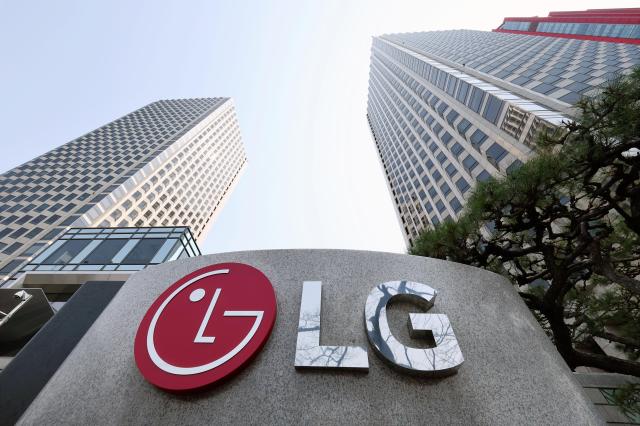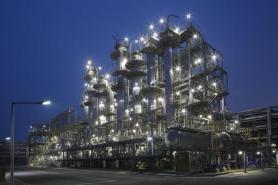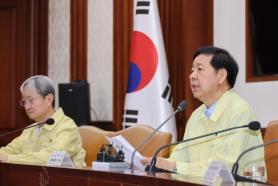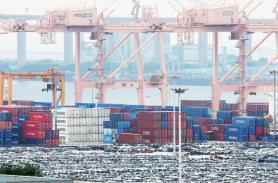
The company is exploring ways to raise as much as 3 trillion won, or about $2.15 billion, through a financing arrangement tied to its majority stake in battery maker LG Energy Solution and a series of divestitures, according to people familiar with the matter.
The urgency reflects the scale of the challenges confronting South Korea’s petrochemical industry, long a mainstay of the nation’s export economy but now under siege from Chinese overcapacity, weak global demand and fierce competition from Middle Eastern producers.
“The oversupply situation has become critical,” Lee Jin-ho, an analyst at Mirae Asset Securities, told AJP. “Massive capacity expansions in China and the Middle East, along with earlier growth in the United States, have created a surplus the market simply cannot absorb.”
LG Chem’s petrochemical division has lost 276 billion won since the third quarter of 2024, including a 29 billion won operating loss in that quarter. The slump has persisted through mid-2025, forcing the company to deploy what it once regarded as strategic reserves.
Among the options under discussion is a price return swap, or PRS, contract using its 81.2 percent stake in LG Energy Solution as collateral. The instrument would allow LG Chem to secure funds without giving up ownership or voting rights.
“We view our LG Energy Solution stake as a strategically deployable resource,” Cha Dong-seok, the company’s chief financial officer, said during its second-quarter earnings call.
At the same time, the company has moved quickly to unload noncore businesses under what it calls a “selection and concentration” strategy.
On Aug. 7, it agreed to sell its aesthetics unit, which makes dermal fillers, to VIG Partners for 200 billion won. In June, it sold its water treatment filter business to Glenwood Private Equity for 1.4 trillion won.
LG Chem is also forging partnerships in growth areas. Last week, it announced that Toyota Tsusho Corporation had acquired a 25 percent stake in its Gumi cathode plant, a deal designed to help the company navigate U.S. clean energy subsidies under the Inflation Reduction Act.
Cathode materials are a cornerstone of its expansion, with plants under construction in Tennessee and operating in South Korea and China.
The company has also moved into renewable fuels. On Aug. 4, it began building South Korea’s first hydrotreated vegetable oil plant, which will convert used cooking oil and other plant-based feedstocks into low-emission fuel.

Copyright ⓒ Aju Press All rights reserved.




